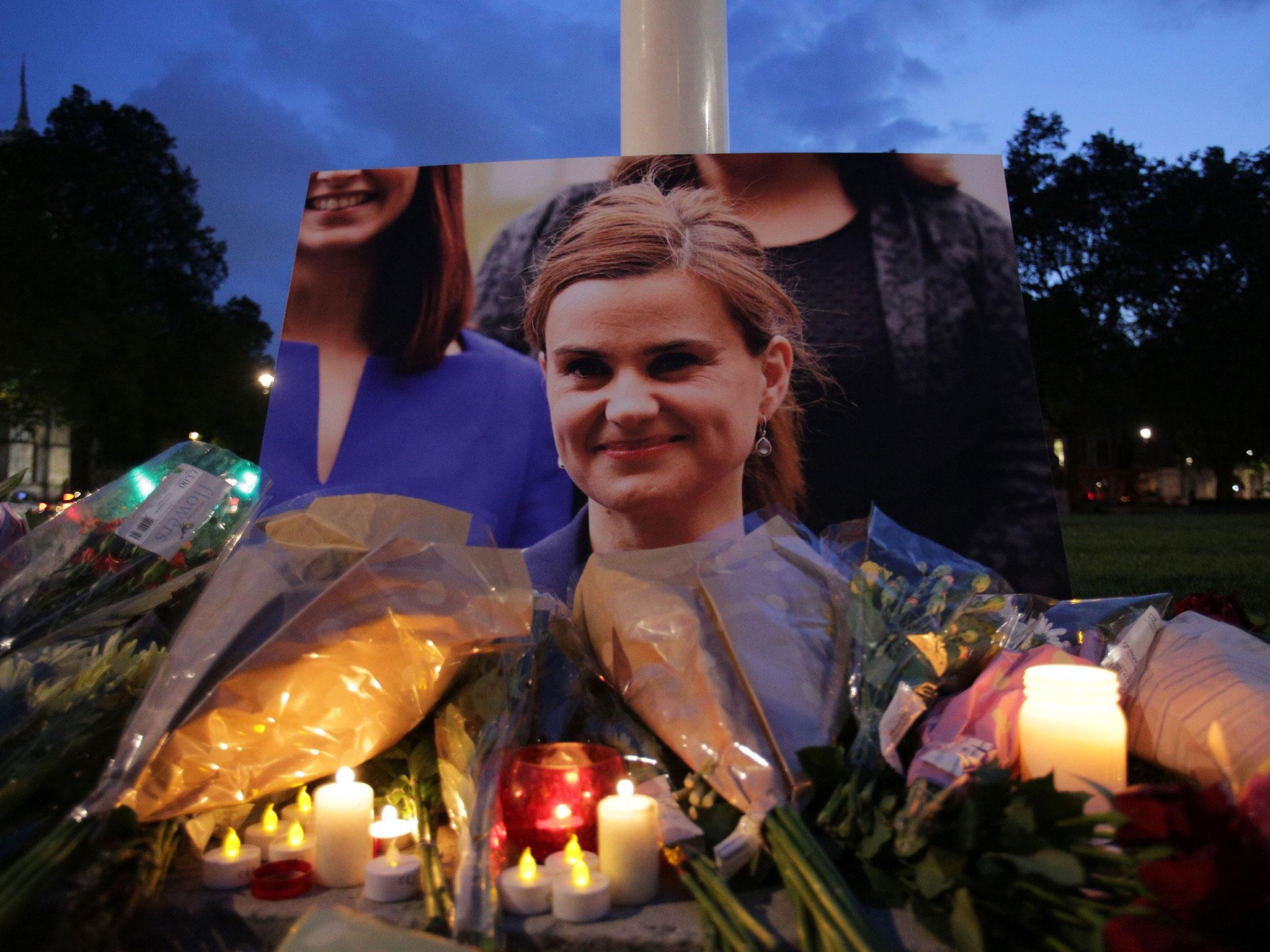MPs report more than 50 crimes to police unit set up following Jo Cox's murder
Majority of complaints for malicious communications, including Twitter trolling

Your support helps us to tell the story
From reproductive rights to climate change to Big Tech, The Independent is on the ground when the story is developing. Whether it's investigating the financials of Elon Musk's pro-Trump PAC or producing our latest documentary, 'The A Word', which shines a light on the American women fighting for reproductive rights, we know how important it is to parse out the facts from the messaging.
At such a critical moment in US history, we need reporters on the ground. Your donation allows us to keep sending journalists to speak to both sides of the story.
The Independent is trusted by Americans across the entire political spectrum. And unlike many other quality news outlets, we choose not to lock Americans out of our reporting and analysis with paywalls. We believe quality journalism should be available to everyone, paid for by those who can afford it.
Your support makes all the difference.A specialist police unit set up to investigate threats against MPs following the murder of Jo Cox has received 53 complaints in its first six months.
Figures obtained through a Freedom of Information request reveal MPs reported hate messages, harassment and criminal damage. The majority of cases – 33 out of 53 – were for malicious communications including Twitter trolling.
There were 13 reports of theft, three of harassment and four of criminal damage, although it has not yet been disclosed how many resulted in charges.
The Met’s Police Parliamentary Liaison and Investigations team was set up after the shocking killing of Ms Cox by neo-Nazi Thomas Mair as she left her North Yorkshire constituency surgery last June.
An extra £640,000 was spent bolstering security for MPs after several other female politicians revealed they had received rape and death threats online.
Male MPs have previously been targeted, including Labour’s Stephen Timms, who was stabbed in 2010 at his constituency surgery in east London.
A survey of female MPs earlier this year revealed more than half had been abused online, with many left feeling more vulnerable following the murder of their colleague. A third of the 73 who responded said they had considered giving up their jobs because of the abuse they received.
Internet troll John Nimmo, 28, from South Shields, was jailed for 27 months in February after making anti-Semitic threats to Liverpool Labour MP Luciana Berger. He had previously been jailed for threats he made to feminist campaigner Caroline Criardo-Perez and London Labour MP Stella Creasy.
Birmingham Yardley MP Jess Phillips revealed last year she called in a locksmith to bolster security in her home after she was sent a mocked-up picture of her death on Twitter.
Labour’s York MP Rachael Maskell was targeted by online trolls around the time of Ms Cox’s murder when she was sent an image of a severed head among other “very nasty” emails.
Speaking out about the abuse, Ms Maskell called on social media companies to do more to remove abusive and threatening posts and to help trace those responsible.
She said: “Freedom of speech is so important - it is what we value across our country - but the abuse I received online went way beyond that.
”We need to make sure we have a zero tolerance to abusive behaviour online.“
Armed police guard the corridors in Westminster but some politicians are taking extra precautions, such as changing where they hold their constituency surgeries.
Liberal Democrat MP Tom Brake, who has just had extra security installed at his home, said he received threatening emails around the time of the EU referendum advising him to “think carefully” about how to vote for the sake of his family.
“Most MPs spend most of our time in Parliament where we are protected, but our families very often are in the constituency, and therefore anyone who is even alluding to the vulnerability of our families is someone who causes a lot of disquiet.”
The SNP’s Dr Lisa Cameron said as soon as she was elected to Parliament in 2015, she became the target of abuse, both online and in the post directed towards her and her family.
“It’s something I think you can’t treat too lightly. The security measures are certainly a step in the right direction.
“I have to say that when I was first elected, having come from the NHS and seeing the very good security and staff safety policies there I was actually quite shocked to see that at that stage, MPs had nothing in terms of risk management in place.”
Join our commenting forum
Join thought-provoking conversations, follow other Independent readers and see their replies
Comments